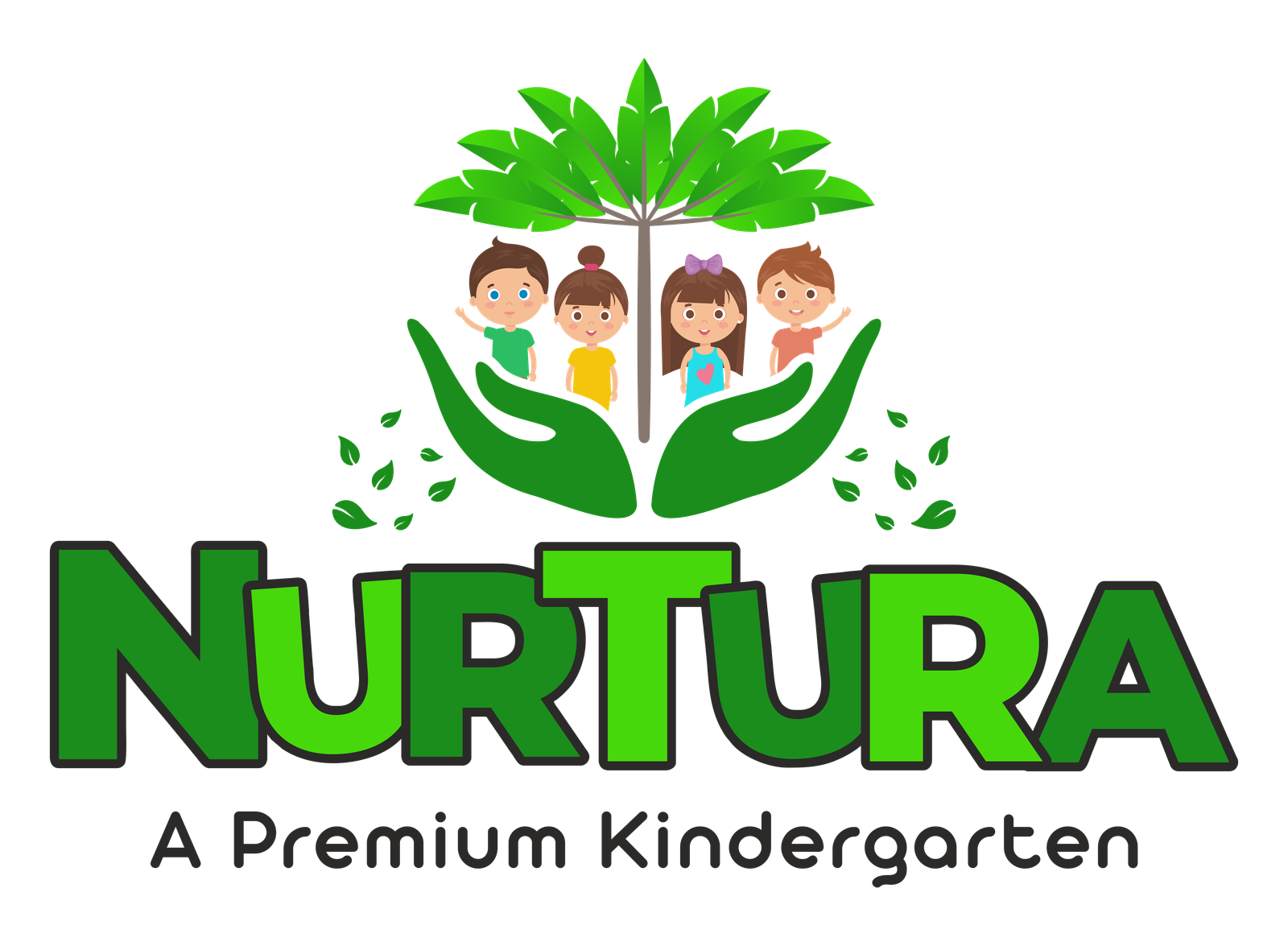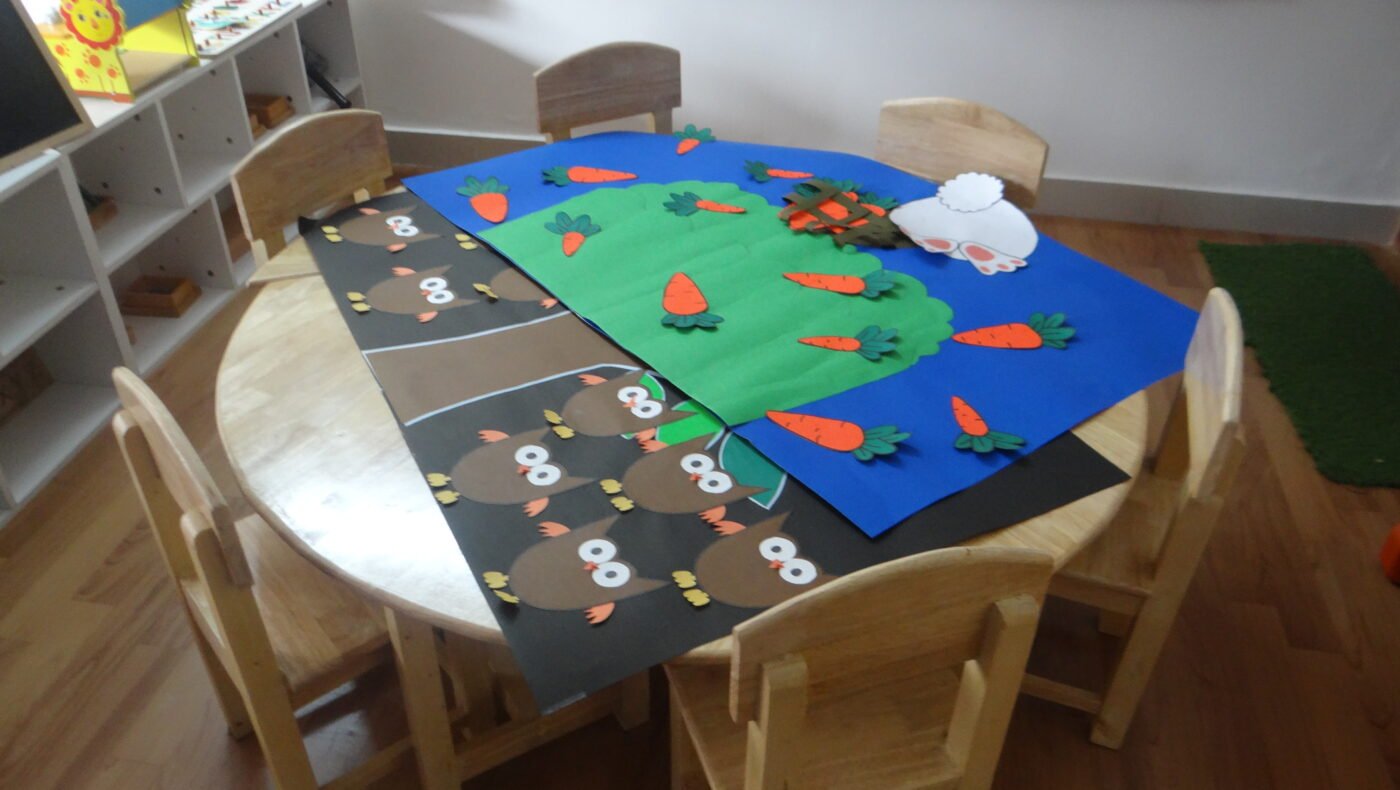At Nurtura, we believe that education is about much more than letters, numbers, and shapes.
True learning also includes building the life skills that help children grow into capable, confident, and resilient individuals.
Starting early with simple but meaningful tasks can make a powerful difference in a child’s independence and self-esteem.
Here is a closer look at the practical life skills every preschooler can learn — and why these skills are a core part of our approach at Nurtura.
Why Life Skills Matter in Early Childhood
Life skills are the everyday abilities children need to navigate their world.
Teaching these skills in preschool helps children:
Develop responsibility and accountability
Build fine and gross motor coordination
Boost self-confidence through mastery
Learn to care for themselves and their environment
Foster patience, perseverance, and focus
Rather than seeing children as too young or incapable, we believe in giving them the tools and opportunities to practice and succeed at real-world tasks.
Key Life Skills Preschoolers Can Learn
Here are some essential life skills we focus on at Nurtura, and how they fit naturally into a preschooler’s day:
1. Self-Care Skills
Simple acts like washing hands, putting on a jacket, or wiping a spill teach children to care for themselves.
These activities encourage independence and help children take pride in their abilities.
Examples:
Dressing and undressing
Brushing teeth after meals
Tidying up personal items
2. Taking Responsibility for Belongings
Preschoolers are ready to manage their own materials and supplies.
Assigning small responsibilities fosters a sense of ownership and attention to detail.
Examples:
Hanging up their backpack
Packing away toys after use
Caring for classroom plants or pets
3. Helping with Meals
Participating in mealtime routines gives children valuable practice in fine motor skills and social etiquette.
Examples:
Pouring water into a cup
Setting the table
Cleaning up spills independently
4. Problem-Solving and Conflict Resolution
Learning how to solve minor problems without immediate adult intervention is a vital life skill.
Examples:
Finding another toy when a favorite one is in use
Expressing feelings with words instead of actions
Negotiating turns during group play
5. Practical Household Skills
Many daily tasks at home and school can involve preschoolers.
Rather than slowing them down, involving children empowers them.
Examples:
Folding napkins or clothes
Sweeping with a small broom
Sorting laundry by color
How Nurtura Supports Life Skills Development
At Nurtura, we intentionally design our environment and routines to support life skill learning:
Child-sized furniture and materials encourage self-sufficiency
Clear, consistent routines teach responsibility and predictability
Gentle guidance and encouragement help children build confidence
Real-life activities are integrated into learning time, not separated from it
We do not just teach children what to learn — we help them learn how to live well, respectfully, and independently.
Final Thoughts
Teaching life skills is not about rushing childhood; it is about empowering children to believe in their own abilities.
At Nurtura, we see every button fastened, every spill wiped, and every kind word spoken as a victory worth celebrating.
By raising independent children, we are helping build a foundation for capable, caring adults.
When children feel capable, the possibilities for their future are endless.

